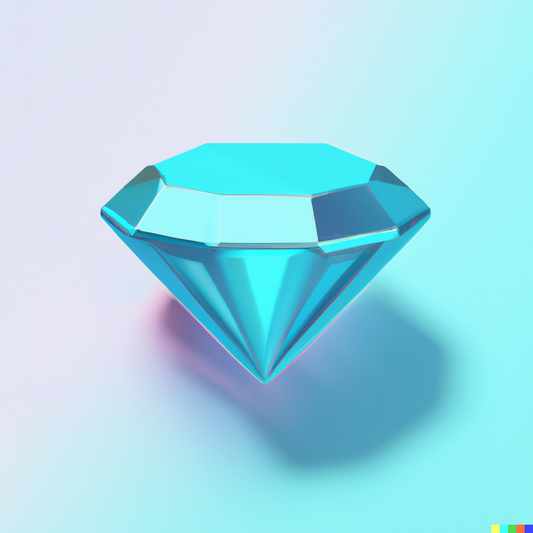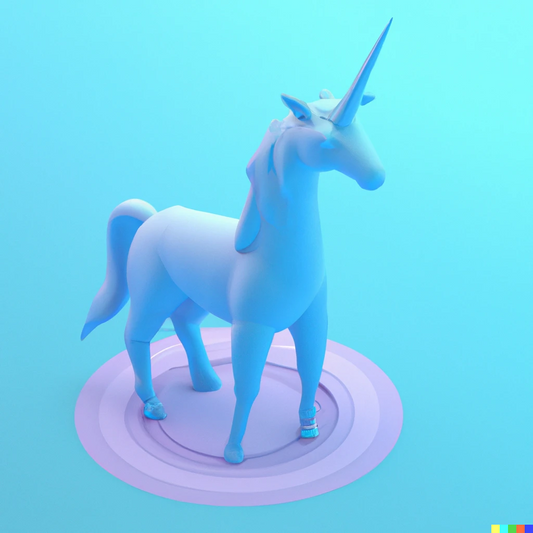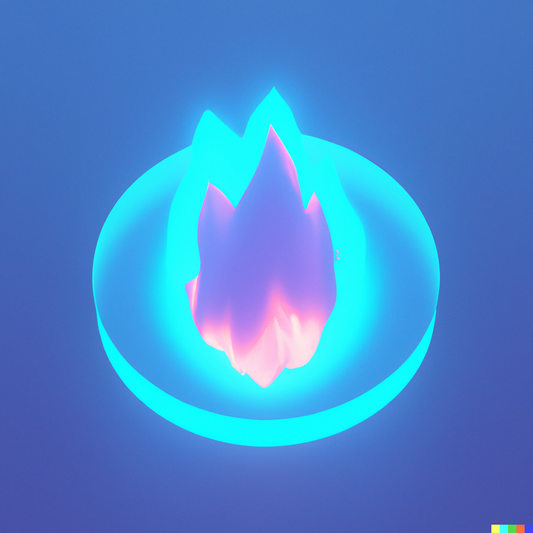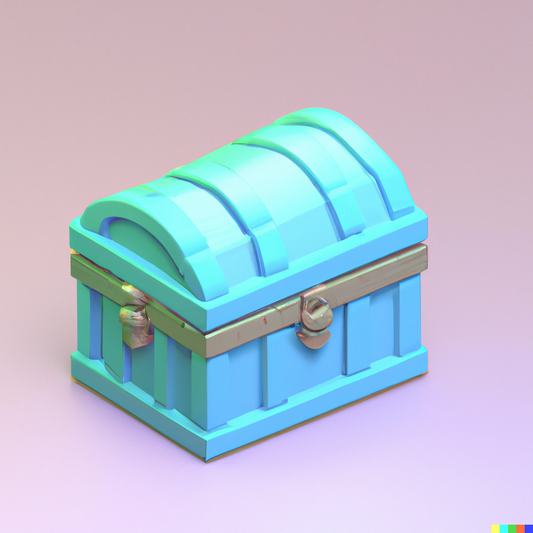Adding the right images to your blog posts and website is incredibly important as a way to make your content really pop. A great image tells your visitors right away what the subject of the post is about and thereby prevents them leaving. At the same time, it also elaborates on what you are saying and holds and draws attention in a way that text often can't.

The right images for your blog posts are particularly important as well when it comes to promoting yourself on social media.
Here, your image and headline will be the only things that your prospective readers have to go off when deciding whether or not to read on. And in fact, if the image is good enough, you can find that people will actually often like and share content before they have even read it!
The only problem is finding great, free images for your website that you have the legal rights to own.
This post will act as your complete guide to doing that so that your every post will be beautifully decorated from now on.
Bookmark and save this guide! Let's get started.
Understanding Intellectual Property Law
Before we get started, let's talk about Intellectual Property. It could save you landing in hot water or receiving a DMCA notice. Now you might be thinking: why not just head onto Google Images and take pictures from there? The problem with doing this is that it's likely you'll be using images without permission that are copyright.
Copyright is one aspect of intellectual property law and it applies to anything 'artistic' such as writing, photographs, artwork, music etc. You don't have to 'do' anything for this type of media to be covered by copyright; you are protected as soon as you create it. This means that if you publish work that someone else has created, they will have the rights to request you take it down. If you don't comply, they may eventually be able to take you to court and claim reparations. In all likelihood it won't come to this.
You can use images from the web and simply remove them if asked. But this hardly looks professional, it's immoral and it does put you at risk of repercussions. This is why you either need to create your own images, or you need to use images that are open for you to use.
Attribution License and Flickr
A great place to start is Flickr. Flickr is a photo uploading site where people can share their images in a similar manner to YouTube for videos. The great thing about Flickr as a blogger though, is that you can perform filtered searches both by subject matter and by license. 'License' essentially means whether or not you're allowed to use the image. Sometimes the license will say that the image is copyrighted in which case it's off-limits (unless you try contacting the owner directly). In other cases though it might say 'attribution license' which means you can use it as long as you give credit. This can be in the form of a small caption just saying 'Photo Credit: Name'.
You can find a lot of great images this way, as it's actually a good strategy for photographers and artists who want to promote themselves and to get commissioned work. You can also find various different types of attribution licenses, which include 'no derivs' (meaning no derivatives – so you can't edit it) and 'noncommercial' (meaning you can't make money from the images. 'Sharealike' means the images can be completely edited and manipulated however you wish.
Finally, if you're very lucky you might find images that are creative commons with no attribution necessary. In which case: go wild!
Flickr is a fantastic tool for finding a wide range of images you can use without having to pay for them and without risking legal action. The only downside is that if you can find the images, so too can other people.
In other words, this is not a way to get unique images and you can risk looking derivative as a result.
Free Images for Websites: Google Images
If Flickr seems a bit amateur or you'd just like a wider search, you can also use Google Images. We already mentioned that you shouldn't use Google Images without permission – but the good news is that there's an 'Advanced Search' feature which lets you search for particular licenses. You'll want 'labeled for commercial reuse' and 'labeled for commercial reuse with modification'.
Note that this process isn't foolproof.
Sometimes Google will return images that actually aren't under the license you were searching for. Normally you can get by using a little intuition, so just be careful what you use as it is not necessarily a free image with no copyright.
Free Images for Websites List
Stock images are photos and designs that have been created by professionals especially for publishers to use. Again though, the terms and conditions will vary as will the quality.
Normally, you will need to pay to use stock images but this also means they're more exclusive on the plus side. In terms of rights, you will find that there are some restrictions but nothing that should concern a blogger. Some examples of stock image sites:
iStockPhoto: This site has the largest database of images, competitive prices and easy to use. You can expect to pay a few dollars for each image. You can also get vector images here too, which means you'll be able to edit them as you see fit with software such as Adobe Illustrator. Paying for images does add up but they lend your site a much more professional edge and helps separate you from competitors.
Stock Xchng: Stock Xchng is like iStockPhoto but completely free. In most cases, you will need to credit or link to the photographer to use the image.
Pexels: This is one of my all time favourites. High quality, huge collection and generally no attribution required.
Unsplash: Unsplash is great for huge, high-resolution images that you can use for headers.
LittleVisuals.co: This site is great for finding artsy, natural images that can be sorted by tags.
Superfamous.com: This is the private collection of photos by Folkert Gorter. All creative commons.
GratisPhotography.com: Another private collection that is free to use. Really good quality images that are actually useful for a range of articles (not always the case!).
Getrefe.tumblr.com: Free photos covering pretty much every subject you could want.
Picjumbo: This is one of the best quality free stock photo sites on the net. It's not as packed with images as the paid options like iStockPhoto but for broad subjects you can get a good selection of high quality pictures to use.
Nasa: Not for everyone… but if it's space you're writing about then you can get a ton of images from Nasa!
500px: 500px markets itself as 'home to everyone's best photos' and is somewhat similar to Flickr. Again, it allows you to search by license which means you can find images that you're allowed to use relatively easily.
Pixabey: A collection of over 380,000 photos, vectors and art illustrations. Some are paid images that will redirect you to pay for the image once clicked, so not a favourite resource. Thanks to Reddit user docdeek for this one!
WikiMedia Commons: Yep, there is a wiki for images and you can use it to look for creative commons pictures! It's a bit fiddly to use but the selection is extensive.
Dostpin: Crowdsourcing meets stock photography!
OpenPhoto.net: This is a site that lets photographers submit their own images, all of which are free to use.
Unprofound: The name may be unassuming but the site is very cool and different. Here you can search for photos by color which is great if you're looking something to complement a specific colorscheme.
AlltheFreeStock.com: A large directory of online stock images (plus icons, sound effects etc) that are free to use for commercial use. Thanks to Reddit user 5171984 for this one.
Free Images for Websites: Vintage Images
Here's a trick: instead of searching to find a modern image with lenient rights, how about going for a vintage image that looks timeless and classic and that no longer has any restrictions? This is a particularly good way to find images if your site is in any kitsch, retro or 'classic'.
VintagePintable: This is a huge selection of vintage images including animals, photos of nature, patterns for backgrounds and more.
UsHistoryImages.Com: If you have a history site, then this will pretty much solve your photo-finding woes.
Nos.twnsnd.co: A selection of older stock images.
Free Images for Websites: Memes, Infographics and Photo Quotes
Adding images to your site or blog post doesn't just mean finding photos and uploading them. Sometimes it pays to be a little more creative, which means creating a meme for instance, or a photo quote.
Meme Generator: This is a great tool for creating your own spins on popular memes. This can quickly add a humorous element to your blog and tends to increase the social sharing potential of your site. Meme Generator is very quick and easy to use – just select you images, add your text and download or share!
Visme: Visme is a tool for building infographics, slideshows, headers and more. It's a pretty straightforward tool and can result in some pretty nice looking designs that will be automatically unique. It comes with both free and paid stock images to use built-in.
Canva: Canva is simply an alternative to Visme. Again, it allows you to create original images by combining typography, stock photos and icons. Perfect for infographics and banners.
Piktochart: This is a tool designed specifically for infographics.
Share As Image: A powerful tool for creating beautiful images, perfect for social media.
ReciteThis: Another tool for making picture quotes. This one allows you to quickly and easily create your quotes using 42 different backgrounds.
Pablo by Buffer: An impressive online tool to create beautiful images with quotes. Great for social media and to spruce up a blog post's featured image. Thank you to Reddit user WayneLiew for this one.
Quozio: Quozio is a great tool for making inspiring/funny/thoughtful picture quotes. It has 28 pre-made templates and is quick and easy to use.
Free Images for Websites: Illustrations
Sometimes you will want to use clipart or a sketch instead of a photograph. In that case you have a few options again…
OpenClipArt: Full of free clip art and vectors for editing.
WPClipArt: Dated but well stocked.
PublicDomainVectors: Does what it says on the tin!
Free Images for Websites: The Warrior Forum War Room
If you're a member of the War Room, you can gain access to tons of free graphics ready to use straight away.
Here are some of my favourites:
Free Flat Design Kit: A range of flat design headers, buttons and banners, including "Add to Cart" buttons and "Get Instant Access" buttons.
Huge Graphics Pack by Lucas Adams: This is one of the best graphics packs in the War Room. It consists of landing pages, Facebook covers, minisites and more.
Free Images for Websites: Screenshots from Films and Games
A completely different route to go down with your images is to use screenshots from films and video games. This can be perfect for a review of that film or game and it can also sometimes underscore a point you're making.
If you're talking about old-fashioned romance then a picture from Casablanca will be fitting. If you're talking about brain power, then how about a picture from Limitless? You could even theoretically use panels from comic books. Is this legal? That depends.
Here, the question falls under the subject of 'fair use' which is a term used to describe the way in which publishers can use certain images. If you are writing a critique of a game or film, then using a screenshot is considered 'fair use'.
Likewise, it's 'fair use' if it is used to illustrate your point and doesn't have an 'effect on the potential market or value of the copyright work'. The only problem is that 'fair use' is a vague term and won't always stand up in court. Here you're going to have to trust your instinct.
Free Images for Websites: Hire a Freelancer
Hiring a professional on Freelancer.com is one way to get original high quality, original images for your blog.
The results can be absolutely breathtaking.
Free Images for Websites: Creating Your Own Images
Of course there's always the option to make your own images – and that doesn't have to be as hard as you might think. If you have a personal blog, then taking photos that are a little less professional-looking is normal. You see this on Instagram and Pinterest all the time!
If you want to make your own images, then the best piece of software for making things that look high quality is Adobe Illustrator. This is vector software, meaning that you can create images and then blow them up to any size with no loss of quality and meaning that you can easily edit them.
Combine the sites listed above that offer free vectors with some background photos and some Illustrator skills and you'll be able to create some stunning, unique images.
Image Credits:
1: https://www.freelancer.com.au/contest/Illustrate-for-Pandora-Chronicles-62279-byentry-2606716.html.
2: Made using Quozio.com.
Did I miss any websites with free images? Let me know in the comments below!





